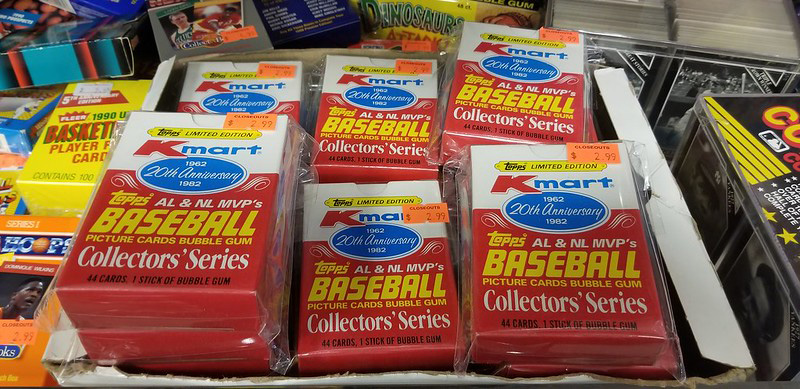
The California 2021-2022 legislative sessions has finally, mercifully, drawn to a close. Fueled by a massive, nationwide and international industry push to make emergency COVID-19 deregulatory measures permanent, Alcohol Justice and the California Alcohol Policy Alliance (CAPA) faced an unprecedented array of dangerous bills. Most prominently among these, the 4 A.M. bar bill made its fourth appearance in five years, and again went down to defeat amidst a widespread rejection of the cynical and cavalier assumptions made by its authors. Organizing throughout the Central Valley and Los Angeles area, much of it involving CAPA members, helped local communities shout down the economic interests of Big Alcohol. That wasn’t the only fight CAPA and AJ were involved in this year.
Like we do every year, we present a brief rundown of alcohol- and opioid-related legislation. The number of bills supported an opposed by CAPA and AJ are as follows:
| PASSED | FAILED | |
| AJ SUPPORT | 4 | 7 |
| AJ OPPOSE | 9 | 7 |
| CAPA SUPPORT | 1 | 0 |
| CAPA OPPOSE | 3 | 2 |
For purposes of each organization’s “batting average,” we use the following formula: (# of OPPOSED bills that FAILED + # of SUPPORTED bills that PASSED / total number of BILLS)
AJ went 11 for 27, for a 0.407 batting
CAPA went 3 for 6, for a 0.500 batting average. average.
For irrelevant context, major league batting average leader was Mets 2B Jeff McNeil, with 0.326.
A few of the key bills:
SB 930 aka The 4 A.M. Bar Bill Again Again Again Again. This bill, which would have extended last call hours in certain California cities to 4 a.m., has long been a bete noir for Bay Area lawmakers. Sen. Scott Wiener and coauthor Matt Haney (both D-San Francisco) re-introduced this bill–which had already been vetoed in 2018, failed in 2019, and was announced but pulled in 2020–as a mid-summer surprise gut-and-amend. The authors’ hopes to rush it through the legislature before public awareness could build were short-lived, however, as an outpouring of community objection peeled off the cities hoping to be included in the legislation. The bill nonetheless made it to an Assembly floor vote, where it failed.
SB 980 aka The Secret Bar Bill. Another piece of legislation from Sen. Wiener, this bill would have made it much easier for bars to open without public awareness. It would also have facilitated legislative trickery by bad-actor applicants, and, most upsettingly, removed any obligated from ABC to deny a license based on close proximity to schools, parks, or other youth-oriented locations. On top of this, language in the bill made it considerably more difficult for license protesters to pursue that protest to its conclusion. The bill failed in committee.
SB 793 aka The Kids In Bars Bill. Yet another piece from Sen. Wiener, an obsessive industry deregulator and true friend of Big Alcohol, this would have waived any expectation that bars would deny entrance to underage patrons so long as there was a concert at some point that evening. Originally, the bill also included language creating Bourbon St.-style “party zones,” although that language was stripped out. (Expect it to return.) The bill was passed and signed into law.
SB 1016 aka The Free and Appropriate Education for Individuals With FASD Bill. Authored by State Sen. Portantino (D-San Gabriel Valley), this bill expanded eligibility criteria for special education to include fetal alcohol spectrum disorders, guaranteeing appropriate and effective education for individuals with those disorders. Spearheaded by CAPA allies at the FASD Network of Southern California, the bill was passed and signed into law.
SB 620 aka The Don’t Forget to Leave the Bottles Out for the Boozeman, Honey! Bill. While wine has long enjoyed a favored status in California with access to direct shipping denied other alcoholic products, beer and distilled spirits manufacturers both tried to claw out those privileges for themselves in 2022. Both those bills failed, in large part because the current situation–involving a three-tier system where manufacturers supply distributors who sell to retail stores and bars–is a job-creating engine. Manufacturers’ abilities to cut out both distributors and retailers became an urgent labor issue, and union advocates joined AJ and CAPA in fighting this reckless legislation. It ran aground in the Assembly GO committee, and never moved to a floor vote.
More details on bills of note for Alcohol Justice are available HERE.
Details on opioid-related bills of note are available HERE.
Image by Mike Kalasnick on Flickr, used under Creative Commons license.

 English
English Spanish
Spanish